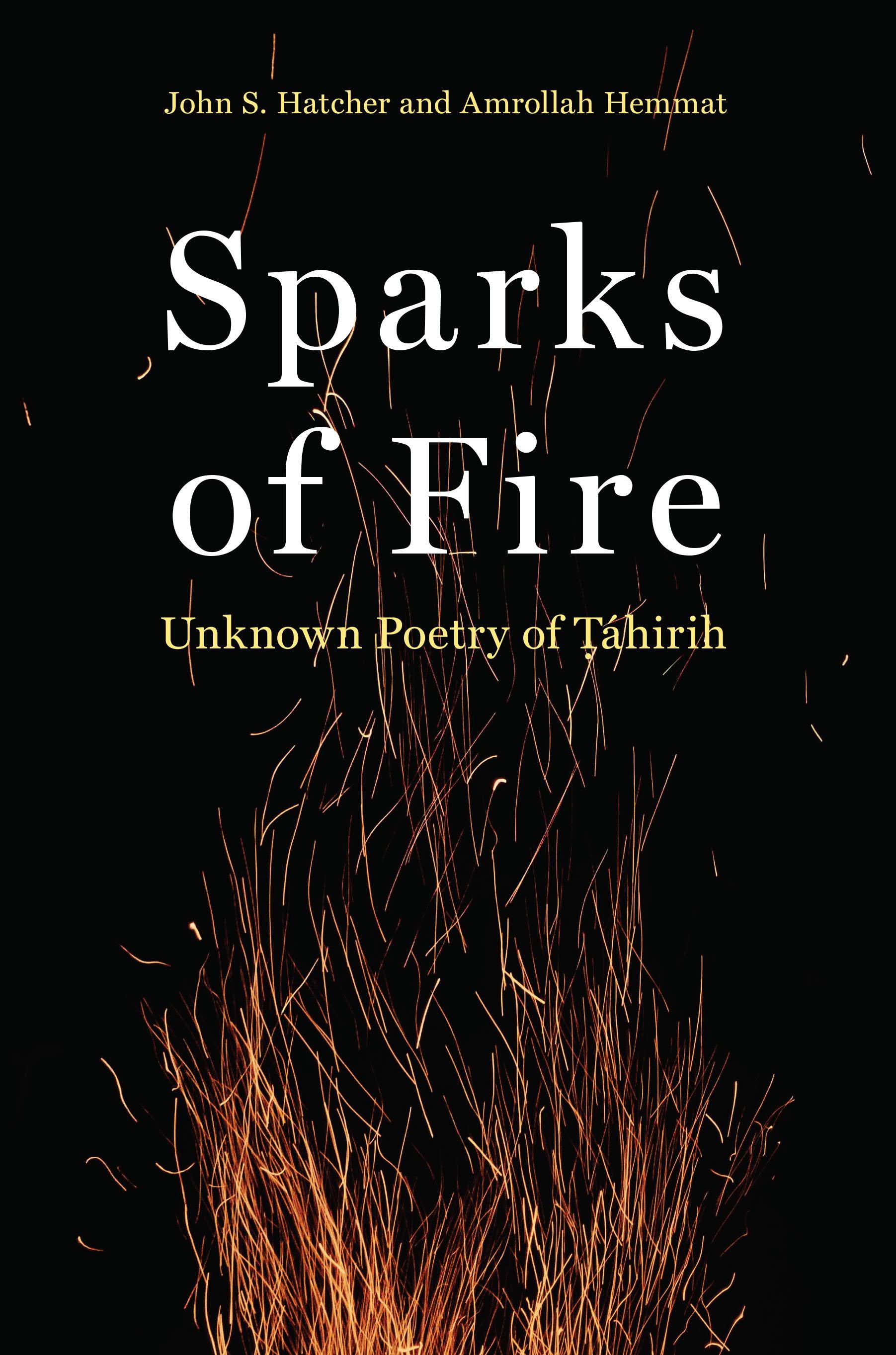
Bahá’í Publishing
1233 Central Street, Evanston, Illinois 60201
Copyright © 2024 by the National Spiritual Assembly of the Bahá’ís of the United States
All rights reserved. Published 2024
Printed in the United States of America on acid-free paper ∞
27 26 25 24 4 3 2 1
Library of Congress Cataloging in Publication Control Number 2024024618
ISBN 978-1-61851-253-6
Cover design by Carlos Esparza
Book design by Patrick Falso
Introduction
The heroic life of øáhirih—Fá¬imih Umm-i-Salama (1817–1852)—has long been celebrated by playwrights, historians, and Persian social reformers, especially those advocating women’s rights in present-day Iran. Though a nineteenth-century poet of superb eloquence and variety, she is better known by most as a woman of dauntless faith, courage, and resilience, whether by the Persian community in general or by the followers of the Bahá’í religion, for whom she looms as one of the most memorable figures of the Faith’s Heroic Age (1844–1921).
The followers of the Bahá’í Faith celebrate her as one of the Letters of the Living—the first eighteen followers of the Báb, the Herald of Bahá’u’lláh and a Prophet in His own right. Though she never actually met the Báb, she recognized in His writings and through a dream vision that He was the longawaited Qá’im of Shi‘ih Islam. She remained one of the most outstanding teachers and leaders of the Bábí religion from her recognition of the Báb’s station in 1844 to her execution for her beliefs in 1852.
Most students of nineteenth-century Persian history are aware of øáhirih, and in particular of her courageous actions in defiance of time-honored traditional limitations imposed on women, but few are aware of her exceptional intellect and erudition. She studied rigorously under Siyyid Káµim-i-Rashtí, read the writings of Shaykh A¥mad-i-A¥sá’í, and later eagerly taught others about the Báb as the advent of the promised Hidden Imám and the ProphetHerald of a new Revelation. In addition, after recognizing the Báb as fulfilling these prophecies, she dedicated her amazing skills as a poet to praising the Báb and celebrating the long-awaited Day of Days, the Day of Resurrection, the
INTRODUCTION
Last Judgment, the advent of which, she was firmly convinced, the Báb had fulfilled.
This volume—together with our previous three, all of which contain the original text of øáhirih’s poetry along with our English translations—is intended to provide both English and Persian readers with access to some of her amazing talent as a poet, as well as insight into her remarkable depth of knowledge about the teachings of the Báb. Her intimate familiarity with the writings and traditions of past religions—particularly Islam, ßúfism, and the wisdom and poetic traditions of Rúmí and others—is also strikingly apparent. Because the poems in this volume are not always easy to understand, they may challenge even those familiar with Persian poetic traditions; with the cultural milieu in which she is writing; and with the spiritual, theological, and ontological theories she discusses and explains. For this reason, we have provided a substantial general introduction, extensive footnotes, introductions and endnotes for the more abstruse poems, and a glossary to assist the reader to become familiar with the more difficult and repeated allusions and tropes she employs throughout.
We are well aware that poetry, though ever the first literature to emerge in the evolution of a culture, becomes in time less popular because of its often indirect presentation of meaning through allegory, symbolism, metaphor, and other figurative tools. Nevertheless, one can hardly approach an understanding of the station, importance, or accomplishments of the heroic, talented, and learned øáhirih without also approaching the focus of her life—teaching others about the Bábí Faith, its beliefs, and the religious traditions that form the foundation on which the Báb established His ministry. The poems in this volume, together with those in our previous three volumes, are a valuable resource for achieving such understanding.
In this fourth volume, the reader can sense a distinct unity of theme and purpose, albeit arranged in a series of motifs that result in a veritable symphonic structure. With the exception of the first three poems, the copyist has had access to and has been rigorously faithful to a manuscript in øáhirih’s own hand. Consequently, øáhirih may well have intended a thematic structure to this collection, as opposed to the collections of miscellaneous poems she compiled at various times. Certainly, there are indications that the volume was designed by her to have a logical structure, as demonstrated in some of the obvious groupings of poems throughout. For this reason, with the exception of one poem and the omission of a few others we did not translate, the order
